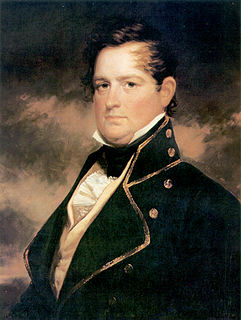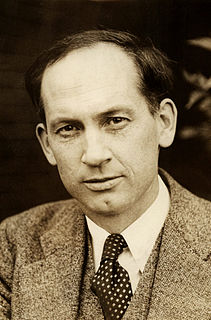A Quote by Paul Gauguin
Literary poetry in a painter is something special, and is neither illustration nor the translation of writing by form.
Related Quotes
Where there is Love and Wisdom, there is neither Fear nor Ignorance.
Where there is Patience and Humility, there is neither Anger nor Annoyance.
Where there is Poverty and Joy, there is neither Cupidity nor Avarice.
Where there is Peace and Contemplation, there is neither Care nor Restlessness.
Where there is the Fear of God to guard the dwelling, there no enemy can enter.
Where there is Mercy and Prudence, there is neither Excess nor Harshness.
I have done literary translation because the University of Arkansas, where I did my MFA, was program of creative writing and translation, and it's a very different experience. You're trying to honor the writer. You shouldn't allow yourself, for example, to encounter a sentence that's three lines long and break it up into four smaller sentences.
It must be understood that prime matter, and form as well, is neither generated nor corrupted, because every generation is from something to something. Now that from which generation proceeds is matter, and that to which it proceeds is form. So that, if matter or form were generated, there would be a matter for matter and a form for form, endlessly. Whence, there is generation only of the composite, properly speaking.
Through death you find yourself, because you no longer identify with form. You realize you are not the form with which you had identified neither the physical nor the psychological form of "me". That form goes. It dissolves and who you are beyond form emerges through the opening where that form was. One could almost say that every form of life obscures God.
There is something essential and necessary about the immediacy and democracy of poetry. If you look at the history of literature, poetry is the one enduring genre from Homer to Ashbery - no other literary form has lasted as long. The novel is only two or three hundred years old... And yes, it's mainstream if we look back, we often turn to poetry to encapsulate what was going on in a particular moment because it crystalizes the experience in a very condensed and meaningful way.








































